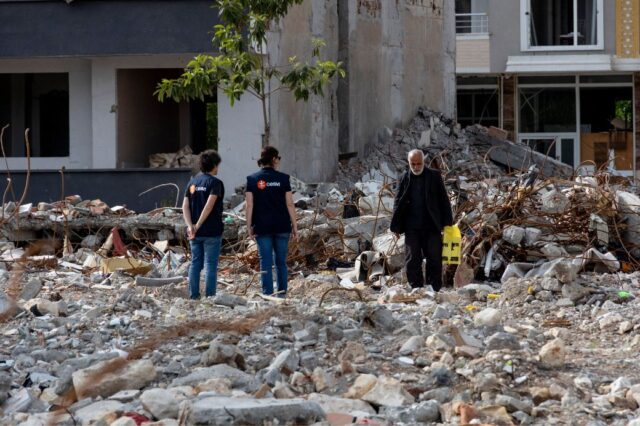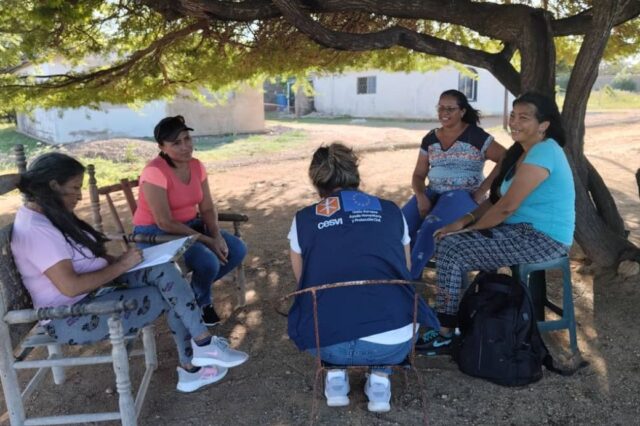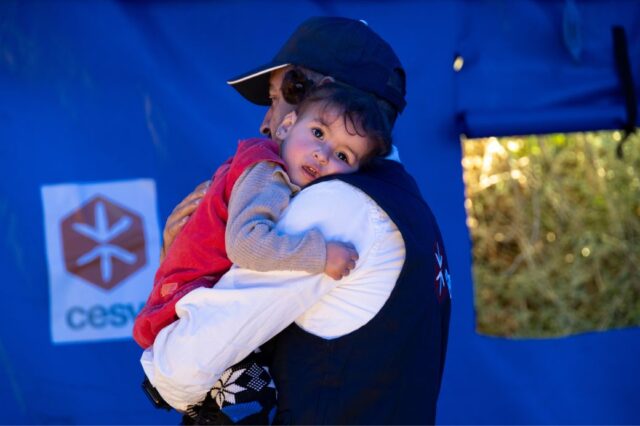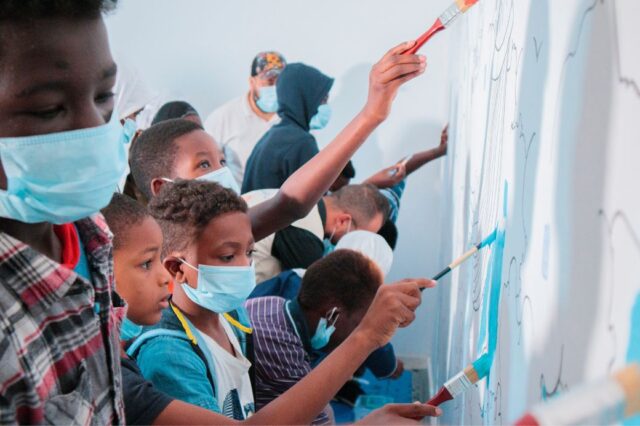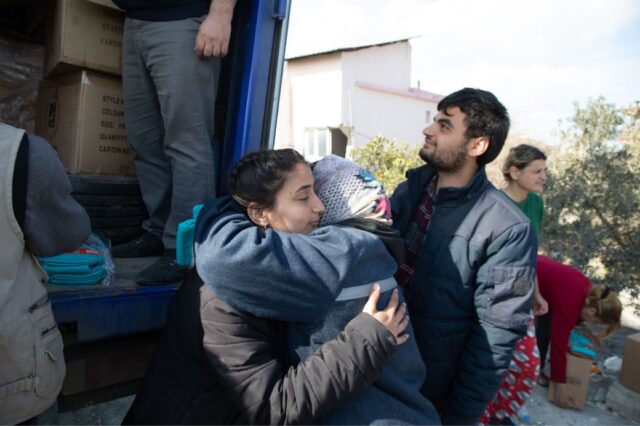Cesvi protects the life and health of poor children throughout the world with the Houses of Smiles, structures offering help and refuge set up in six different countries.
Poor and malnourished children are not only a problem for Africa or other continents, but for the whole world. They are the first innocent victims of economic imbalance between the Northern and the Southern hemispheres.
The perpetual inequality between the North and the South of the world, along with wars, famine, natural catastrophes and underdevelopment, produce suffering for millions of children every year. Humanitarian organisations, (NGOs and registered charities) like Cesvi have a duty to come to their help, but alone they cannot be considered a solution to such a great problem.
In spite of progress in recent decades, the risks that the United Nations Fund for Infancy puts us on guard against are dramatic: without adequate interventions 69 million children under five will have died by 2030 from mainly preventable causes, while the number of poor children will rise to 167 million. 80 million children will be excluded from schooling, 750 million women will have been married while still children.
To prevent these figure from become reality, we operate in the continents with the highest levels of poverty and in some of the countries with the highest infant mortality rates in the world. Furthermore, in seven countries we have opened Houses of Smiles, structures that provide services and refuge for orphans, under-18s who live on the streets or in a state of neglect and child victims of exploitation and violence even within the family context. They are offered food, medical care, education, professional training, psychological support and all the backing necessary for a better future.
The Houses of Smiles are in Zimbabwe, South Africa, Haiti, Brazil, Peru and India.
Because the problem of child poverty is increasing in our country too, Cesvi is reacting with renewed energy in Italy. Our task, together with the international community, is to ensure that there are no more children who die of hunger or lack of health care, in Africa as in every continent.
